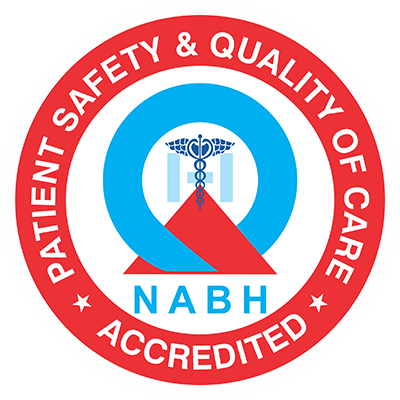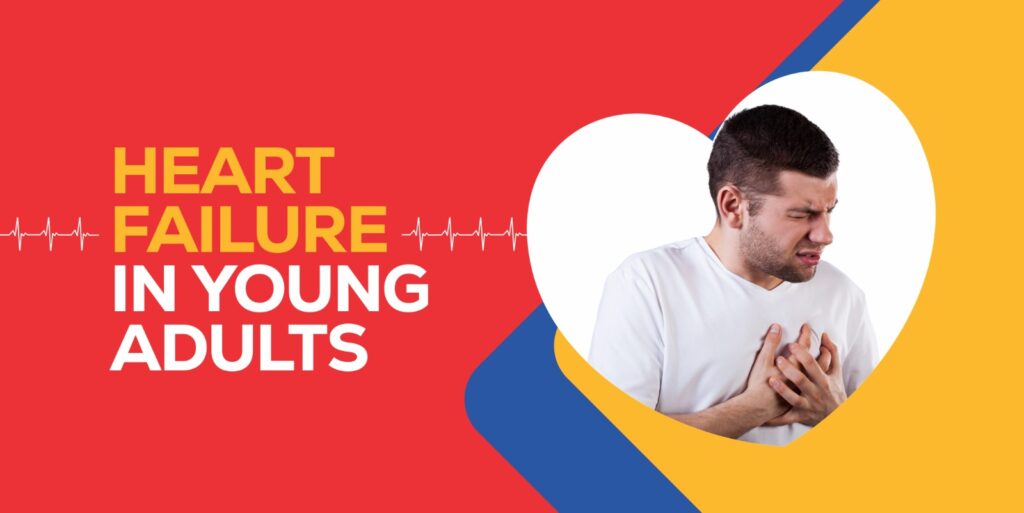Heart failure, often perceived as a condition afflicting the elderly, has increasingly been recorded among young adults, challenging the traditional boundaries of cardiovascular diseases. This shift in demographic calls for a deeper understanding of its manifestation in younger populations, where the impact extends beyond physical health, affecting emotional well-being, career, and future planning.
Symptoms
In young adults, heart failure may present with symptoms similar to those in older persons but can be more deceptive and easily mistaken for less severe health issues. Key symptoms include:
- Shortness of breath – especially during physical activity or when lying down
- Fatigue and weakness – making even mild exertion unusually taxing
- Swelling in the legs, ankles, and feet – due to fluid retention
- Rapid or irregular heartbeat
- Reduced ability to exercise
- Persistent cough or wheezing – with white or pink blood-tinged phlegm
- Increased need to urinate at night
- Swelling of the abdomen
Causes
The causes of heart failure in young adults are varied, encompassing both congenital and acquired heart conditions. Some of the primary causes include:
- Congenital heart defects
- Cardiomyopathy leading to the heart’s diminished capacity to pump blood effectively
- Heart infections causing inflammation
- Alcohol and drug abuse, including the misuse of anabolic steroids
- Chemotherapy and radiation therapy for cancer, which can affect heart function
- Hypertension and coronary artery disease
Risk Factors
Risk factors for heart failure in young adults often overlap with those for older adults but can have different prevalence and impacts. These include:
- Genetic predisposition and family history of heart disease
- Obesity, contributing to other risk factors like diabetes and hypertension
- Smoking and the use of drugs
- High blood pressure and high cholesterol, which are becoming more common at younger ages due to lifestyle factors
- Sedentary lifestyle, contributing to obesity and cardiovascular diseases
Treatment
Treatment of heart failure in young adults focuses on managing symptoms, slowing disease progression, and improving quality of life. Options include:
- Medications to manage symptoms, improve heart function, and address underlying causes
- Lifestyle modifications, including dietary changes, exercise, and quitting smoking
- Monitoring and managing mental health, recognizing the significant emotional impact of chronic illness on young adults
- In severe cases, more invasive treatments like surgery or heart transplantation may be considered
Heart issues in young adults can be a cause of great consternation for patients and their families. Having a trusted, approachable, experienced healthcare partner can make a great difference.
BBR Hospitals, Hyderabad is adept at addressing this issue in all its comprehensiveness. With its extensive suite of services, teams of specialized cardiologists, state-of-the-art technology, and multidisciplinary approach, BBR Hospital is well-equipped to manage the complex challenges of heart disease in younger patients.
The hospital’s 360-degree approach emphasizes not only advanced medical treatment but also lifestyle counseling, psychological support, and rehabilitation services, ensuring a holistic recovery path. At BBR Hospitals, young patients find not just a place for treatment but a partner in their journey towards heart health. The hospital’s dedicated programs for young adults focus on education, empowerment, and support, helping patients navigate the challenges of living with heart disease while pursuing their dreams and ambitions.



